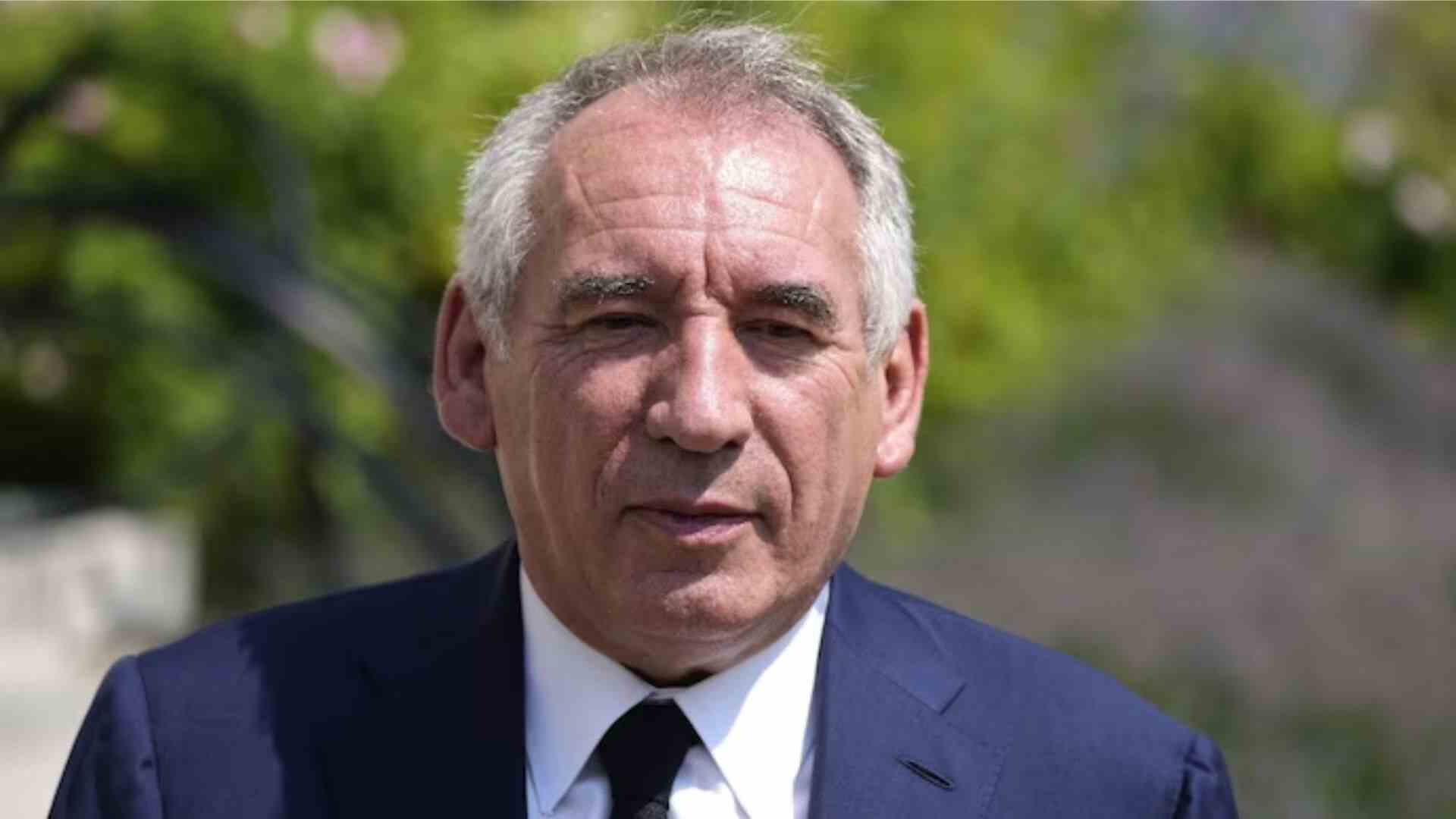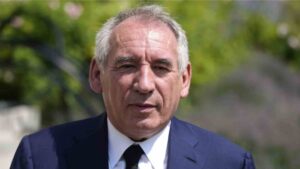French President Emmanuel Macron named Francois Bayrou France’s third prime minister of 2024 on Friday. The veteran centrist was tasked with navigating the nation through its second significant political crisis in six months.
Bayrou will face an immediate test as he looks to ensure passage of a special law that would extend the 2024 budget. However, the battle over the 2025 budget is likely to be much more contentious, having already led to the fall of Michel Barnier’s government earlier. Bayrou, who is 73 years old and a close ally of Macron, is expected to unveil his ministerial team soon but will face stiff tests in getting legislation passed through a fractured parliament divided into three rival blocs. His association with Macron, whose popularity has declined drastically, may also be an issue.
The political instability has not only put Macron’s ability to complete his second term, slated to end in 2027, into question but also has negative implications for France’s borrowing costs and created a vacuum in leadership in Europe on the heels of Donald Trump’s impending return to the White House. Macron has been meeting political leaders of all stripes, except far-right National Rally leader Marine Le Pen and hard-left France Unbowed, to drum up support for Bayrou. Bringing Socialist Party into the mix might be a very costly step for Macron’s government.
“Now we will see how many billions the support of the Socialist Party will cost,” quipped a government adviser on Friday.
No Elections Before Summer
Macron hopes Bayrou can wait until summer for no-confidence votes that will allow France to go to new parliamentary elections. If the government collapses, though, Macron’s presidency will be in trouble again. Bayrou, who founded the Democratic Movement (MoDem) party and has been part of Macron’s coalition since 2017, brings political experience. Previously, he served as justice minister but resigned amidst a fraud investigation for which he was recently cleared.
Future Challenges for Bayrou
His first major test will come when the budget for 2025 is debated early in the new year, as part of a belt-tightening exercise to bring down France’s 6% deficit and reassure investors. Barnier’s earlier push for €60 billion in cuts has been rebuffed by the combined strength of the far-right and the left-wing factions, causing further gridlock in the National Assembly. Governance becomes treacherous, and Bayrou will have to carry the weight of the stability almost in dependence on the president’s political foes and friends.
France’s political environment is broken, and this will create difficulties for Bayrou as he goes from day to day trying to tackle problems.













